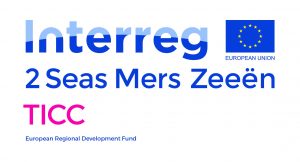
Description of the TICC project
The Interreg 2 Seas TICC project (2017-2023) aims at transforming home care services for dependent people. To do this, La Vie Active Home Care Service for Elderly people based in Courrières, Pas-de-Calais gets inspired by a Dutch home-care organization called Buurtzorg (in English ‘neighbourhood care’). its management model is based on ‘self-management’, which allows more autonomy and a higher sense of self-accomplishment for care workers, which has a positive impact on the quality of care for the beneficiaries and their satisfaction level, as well as for their families.
The French care professionals involved in supporting and maintaining the autonomy of elderly people are not the only one to be interested by the Dutch initiative, the TICC project gathers 13 project partners with different backgrounds and complementary profiles: health and social care establishments and services, local authorities, Belgian and British universities to adapt, test and evaluate this new model in their national contexts (see the list of the project partners). For the Home Care Service for Elderly people of La Vie Active, this transition to new professional practices is welcomed with enthusiasm by our team, who wishes to sustain this new model, according to the framework set by the Health Regional Agency.
Review of the main activities led by La Vie Active:
- Training our staff to this new managerial model of self-management and test it in our local context
According to Buurtzorg, self-management can be summed up in the capacity for a team to decide how to organise its work and to improve itself autonomously. Therefore, it is a new work culture that our 10 care staff members our Home Care Service for Elderly people, its secretary and its Director & nurse had to understand through study visits, training and job-shadowing in the Netherlands. This training programme provided by our Dutch project partner continues throughout the project lifetime, while our Home Care Service for Elderly people who benefit from it, is transforming and changes its practices accordingly. Regular follow-up and counselling support are also ensured by Buurtzorg.
In the daily work, this transformation can primarily be noticed through the organisation of weekly team meetings every Mondays. There, its members can organise their work, always overseen by the Director & nurse in charge of the establishment whose role evolves towards a ‘coach’ profile leading his meetings with the Solution Driven Method of Interaction (SDMI) and where all decisions are taken by consensus, incl.: on the care plan set with our patients, on the coordination and referrals between care and other health professionals, and possibly managing shifts between team members, etc. The care plans set for our patients are discussed to ensure their relevance and quality.
Also, the team is now engaged in the recruitment of new staff members. They collect the CVs, select the candidates, and conduct the job interviews. Adhering to our values established recently during our weekly team meetings is essential to join our team. With this new approach of peer-to-peer recruitment, we can see that our team is more cohesive and stable.
The second main transformation is that the self-management also involves a more horizontal work approach. For example, the Director and nurse used to prepare the care plan before delivering it to the team members who just had to apply it. With the TICC project, the team members have been trained to make the care plan themselves. This creates a sense shared liability to a collective work, with the possibility for the team members to organize themselves, allowing them to have a better balance between their professional and personal lives. This has a positive impact on their well-being and optimises the continuity of service.
The third main aspect is the digitalisation allowing them to save time. Before the project, our Home Care Service for Elderly people was entirely managed by the director and nurse through her own computer. Now, applications for admission and in-take procedures are managed by team members through a dedicated software, allowing individual follow-up of the patients, accessible by tablets and smartphones. This includes: reception and follow-up of applications, the feasibility analysis of the task, the implementation of the initial visit, the administrative management of admissions (e.g. to inform the Health Insurance services, the general practitioner, etc.) and the inclusion in care plans. The visits of our patients are now managed remotely and in real-time, which enable us to optimize the visits order which means, once again, saving time for the benefit of our patients because it reduces the number of kilometres driven. Similarly, each patient has an individual online file in which the care professionals can access to a personalized contact list of other health professionals (e.g. the GP, the private nurse, etc.) that he or she can contact if needed.
- Overcoming the barriers to the roll-out and sustainability of this new mod for our team
The transposition of this organizational model inspired from the Dutch experience often faces the existing legal and regulatory framework in France that, of course, should be strictly enforced. It is in this respect that La Vie Active identifies and addresses the possible challenges to the roll-out of the new model and exchanges with its project partners on possible adjustments. Besides, a regular follow up and meetings with the Regional Health Agency are held in order to ensure that these new professional practices still comply with the guidelines set by this Agency.
- Evaluation
Securing the sustainability of this new model would only make sense if this experiment received positive feedback from the care professionals, the patients and their informal carers. This is why La Vie Active, in partnership with two Dutch and French universities, is participating in the creation and implementation of a research protocol rolled out at cross-border level. It consists of a survey made of satisfaction questionnaires for the care project, the patients and their informal carers.
The project partners
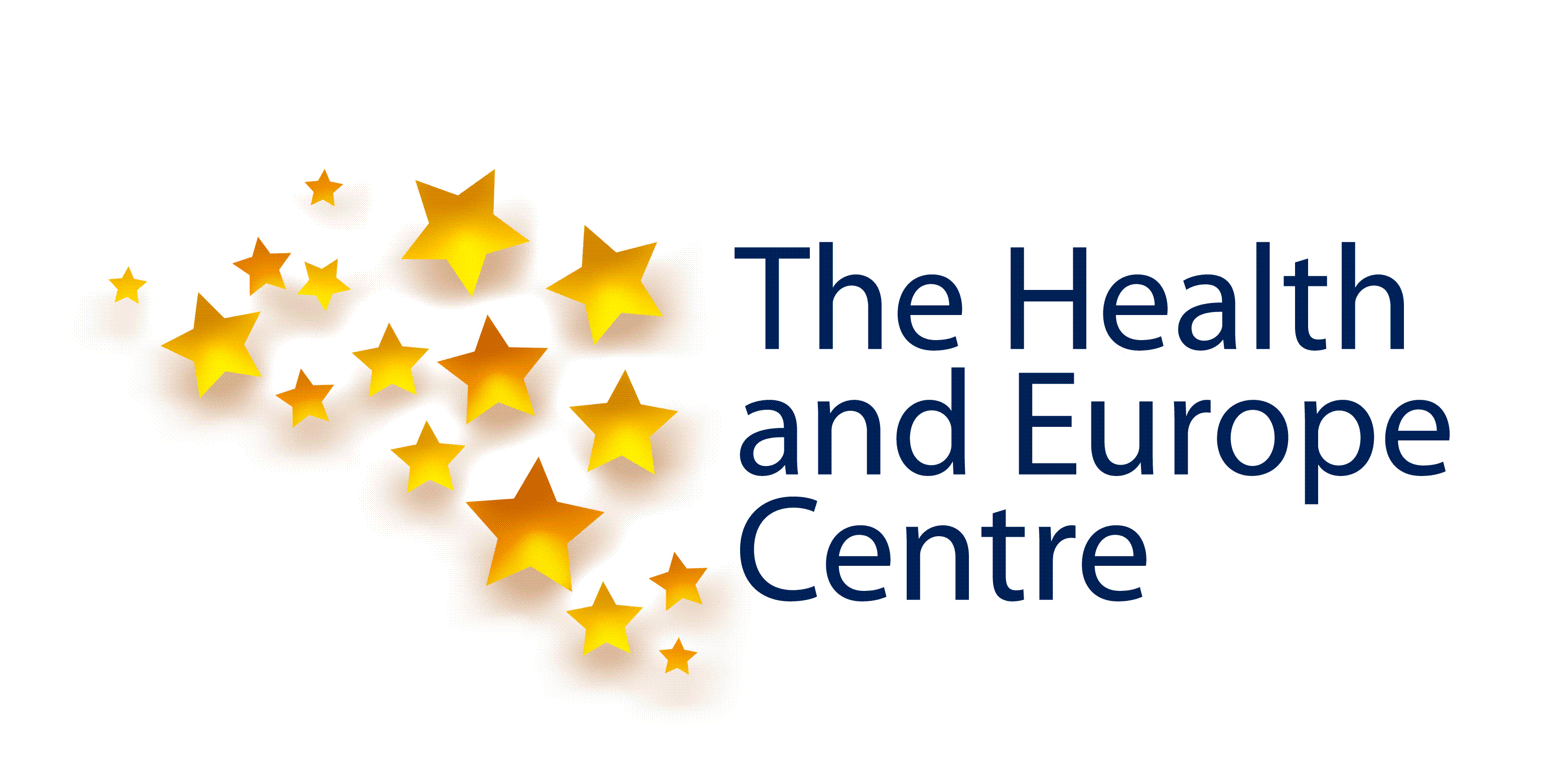
The Health and Europe Centre (United Kingdom) is the Lead Partner of the TICC project. It is a SME created in 2005 providing support for applicant organisations of projects mostly located in the South-East of the UK, in order for promoting socio-economic development especially in the health and social care sector through European Territorial Cooperation projects.
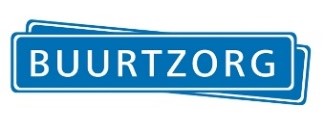
Buurtzorg (in English, ‘neighborhood care’) is a Dutch non-profit home care organisation created in 2006, promoting a self-management model to deliver home care services. Today, Buurtzorg represents 4 000 teams and 20 000 employees covering a wide area in the Netherlands.
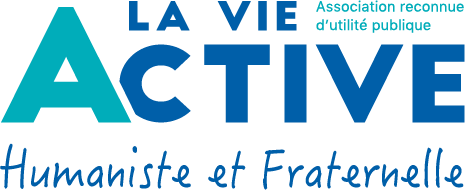
La Vie Active is a key actor of the Social and Solidarity Economy (SSE) that keeps developing itself to better supporting its members/users facing difficulties in their daily lives.
Its active commitment addresses all the fields of action of the Health and Social Care sector. La Vie Active mainly targets children, adults, dependent elderly persons, as well as people with disabilities and vulnerable people.
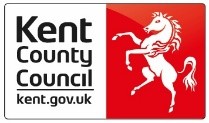
Kent County Council is a local authority in South-East of United Kingdom.
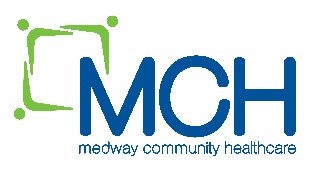
The Medway Community Healthcare is a health care service provider in Medway Council, Kent.
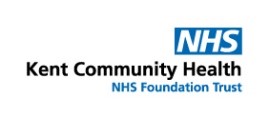
The National Health System (NHS) – Kent Community Health delivers health care actions the region of Kent.

Public World is a British SME that is mainly aiming at bringing the Buurtzorg model the UK and Republic or Ireland.
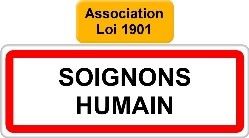
Soignons Humains (France) is a non-profit/private association the holistic vision of home care services.
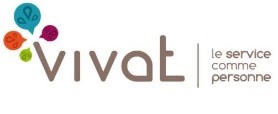
VIVAT (France) is delivering neighborhood home care services for dependent people.

Eurasanté is an economic development agency in the Hauts-de-France region, engaged in the technology transfer and the economic development of the Biological health and Nutrition.
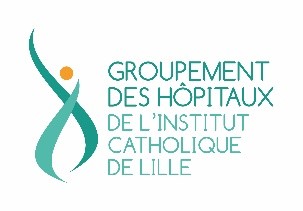
The Groupement des hôpitaux de l’institut catholique de Lille (GHICL) is gathering university hospitals, clinic or private hospitals and health and social care services promoting the development of health public services.

HZ University of Applied Sciences is located in the Dutch province of Zeeland (Vlissingen, Roosendaal and Middleburg)
Associated project partners :
L’Université d’Artois, East of England Local Government Association, Provincie Antwerpen, Wit-Gele Kruis van Antwerpen, Familiehulp, Landelijke Thuiszorg Zuiderkempen, Christelijke Mutualiteit, Heist-op-den-Berg, OCMW Heist-op-den-Berg, Vlaams minister van Welzijn, Volksgezondheid en Gezin, Sociaal Huis Mechelen, Zorgnet-Icuro, NHS (England), Canterbury Christ Church University, Centre communal d’action sociale de Lomme, Conseil départemental du Nord.
Main features of the TICC project:
Duration of the project: 67 months (from 01/09/2017 to 31/03/2023)
Overall budget forecast (14 partners): 8 323 080,56 €
Overall budget forecast of La Vie Active: 271 468,25 €
A project co-funded by the European cross-border cooperation programme Interreg 2 Seas – European Regional Development Fund (60%), that is for La Vie Active: 162 880,95 €
Find out more information about the TICC project on the Interreg 2 Seas programme website.
If you have any question, you can contact us
